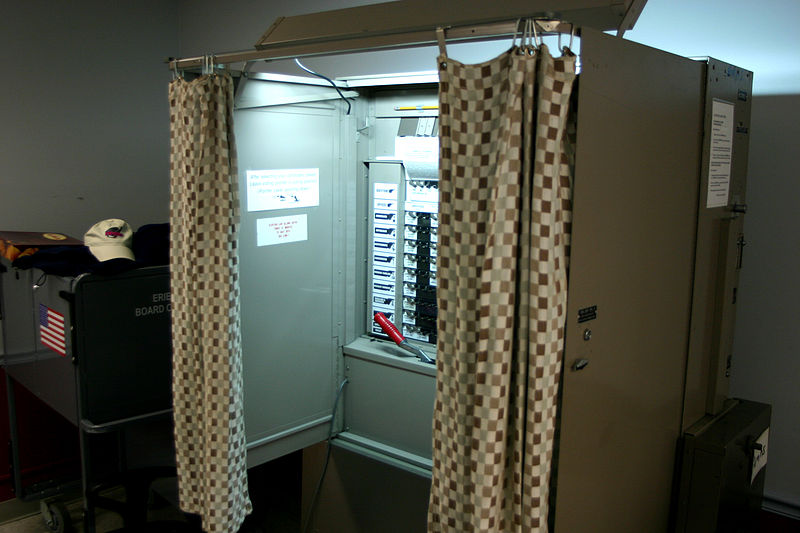At the election on November 3, New Jersey voters will decide a constitutional amendment to postpone state legislative redistricting until after the 2021 election if federal census data isn’t received by February 15, 2021. Therefore, the current state legislative districts, which have been used since 2011, would remain in use for the 2021 election. New districts would be used beginning in 2023. The constitutional amendment would also use this delayed timeline in future redistricting cycles if census data isn’t received by February 15 of the year after the census (2031, 2041, 2051, and so on).
Both chambers of the New Jersey State Legislature passed the constitutional amendment on July 30, 2020. A 60% vote was required in both legislative chambers. In the General Assembly, the vote was 51 to 26. In the State Senate, the vote was 25 to 15. Legislative Democrats, along with one Senate Republican, supported the amendment. All other legislative Republicans opposed it.
Asm. John McKeon (D-27), a legislative sponsor of the amendment, said that because the coronavirus pandemic has had the effect of delaying the completion of the federal census, “there’s just not a lot of good options here.” Currently, the U.S. Census Bureau has delayed the expected delivery of redistricting data to states to July 31, 2021. The state’s primary elections are scheduled for June 8, 2021. Senate Majority Whip Nicholas Scutari (D-22) stated, “[A delay in receiving census data] will make it all but impossible to get the accurate information needed to draw legislative districts that are fair and accurate. An undercount will not only result in reduced federal funding, but also will have a negative impact on fair representation in the Legislature.”
Doug Steinhardt, chairperson of the New Jersey Republican Party, said his party was opposed to the constitutional amendment. He stated, “The people of New Jersey deserve legislators that reflect the political and demographic makeup of our great state, and they haven’t enjoyed that in at least a decade. Democrats pushing this amendment to delay redistricting are trying to kill a fly with a sledgehammer, and are aiming to extend their majority for an additional two years.”
In New Jersey, a redistricting commission is responsible for developing state legislative district maps. The party affiliation of the commission’s 10 members is based on the results of the last gubernatorial election. The state political party committees of the gubernatorial candidates who placed first and second get to each select five members. Typically, these are Democrats and Republicans. If they deadlock on a state legislative redistricting map, the state Supreme Court Chief Justice appoints an 11th member.
The constitutional amendment is the third to be referred to the 2020 general election ballot in New Jersey. Voters will also decide a constitutional amendment to legalize marijuana and a constitutional amendment to make veterans eligible to receive the state’s veterans’ property tax deduction.


